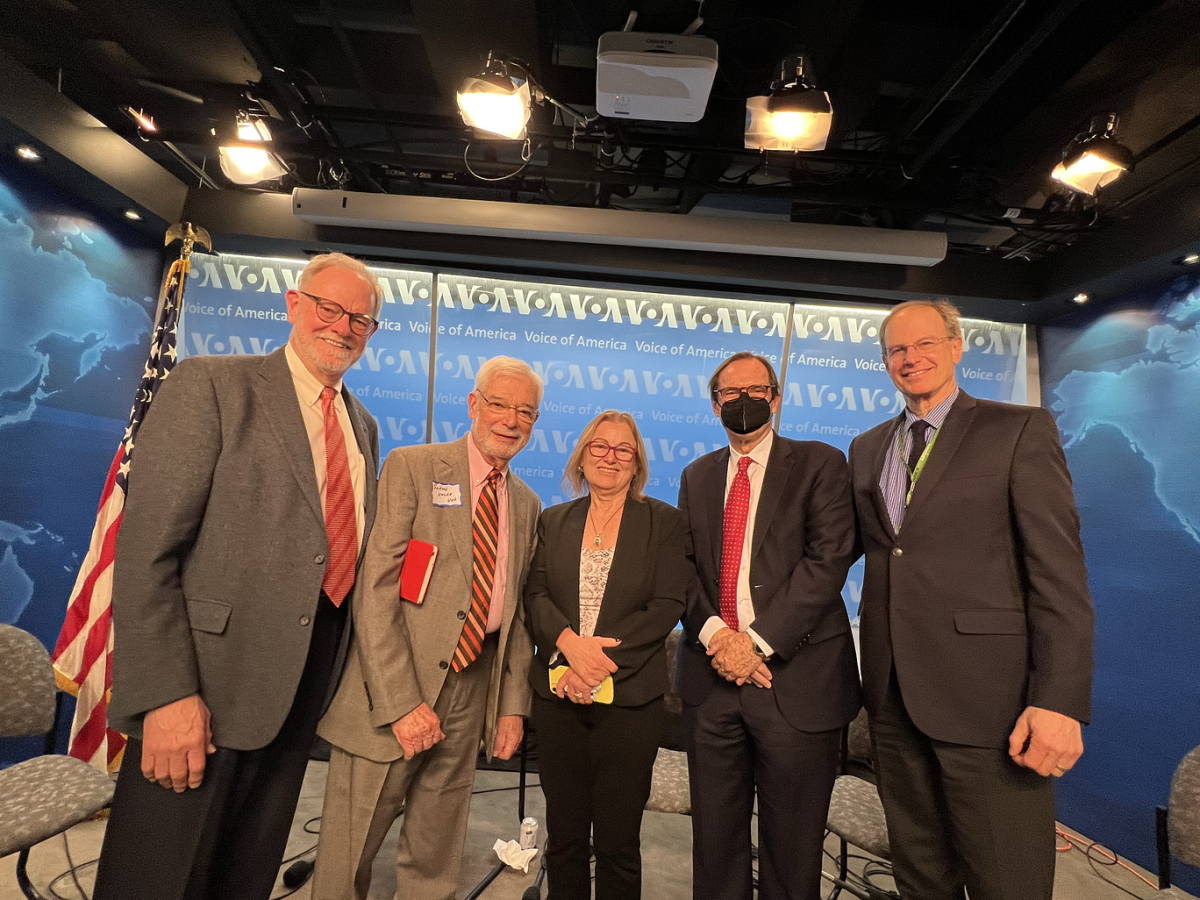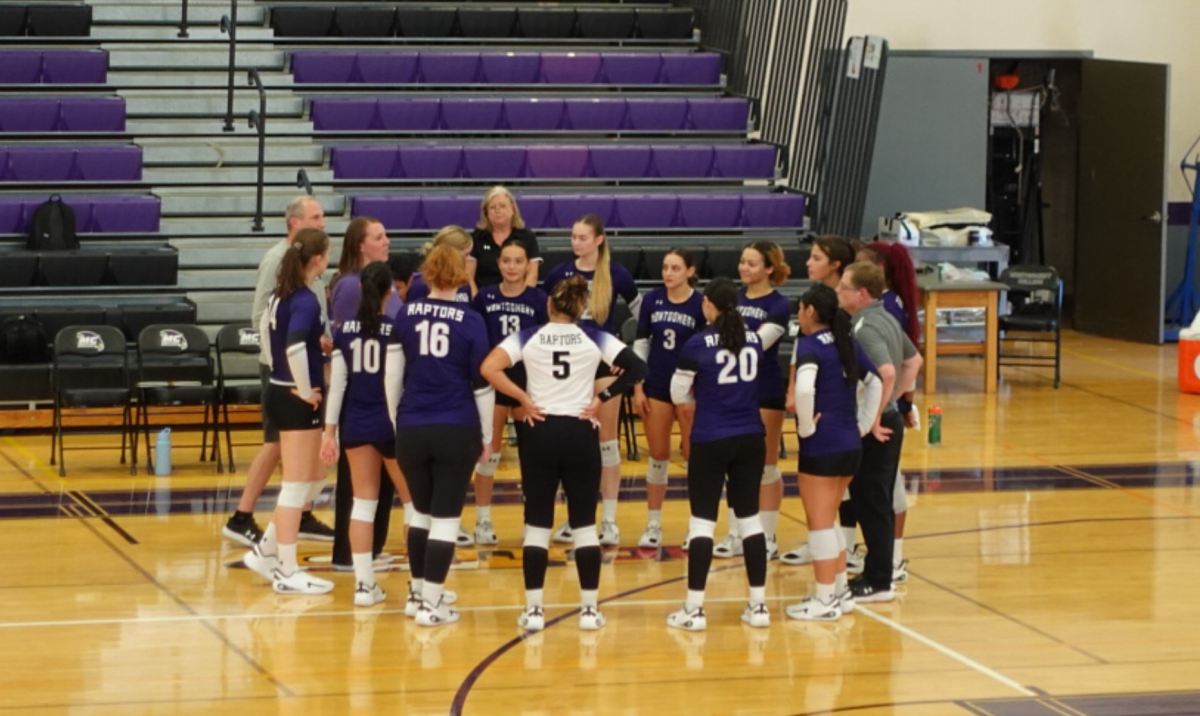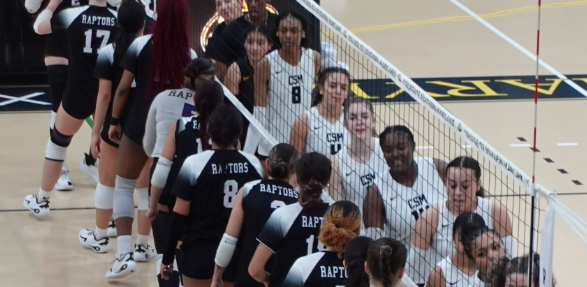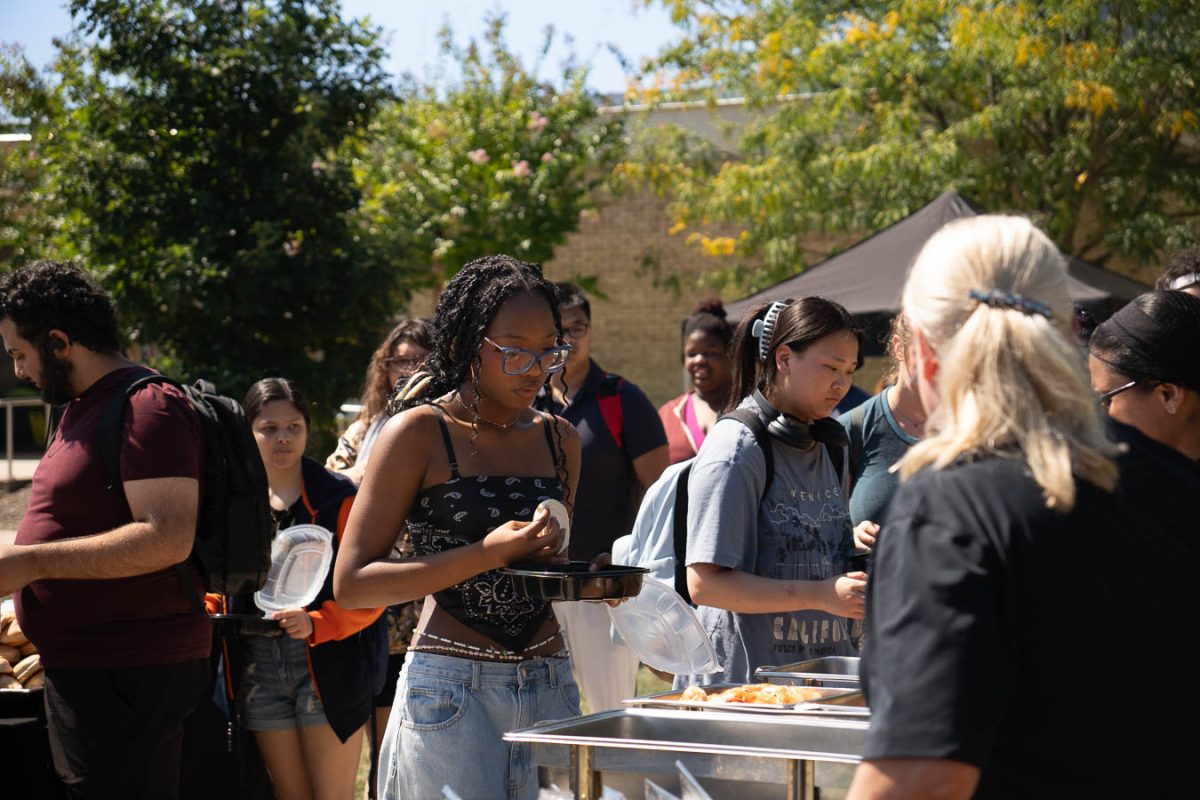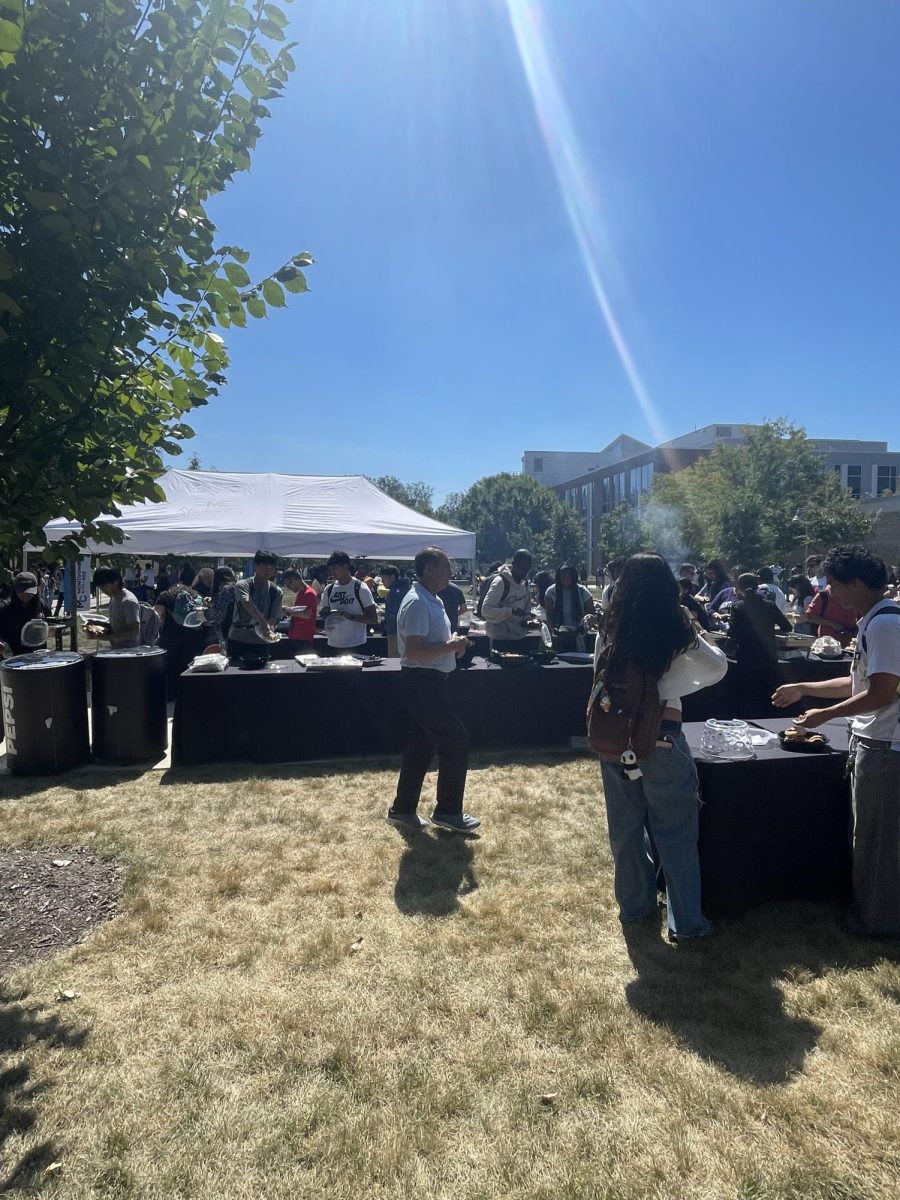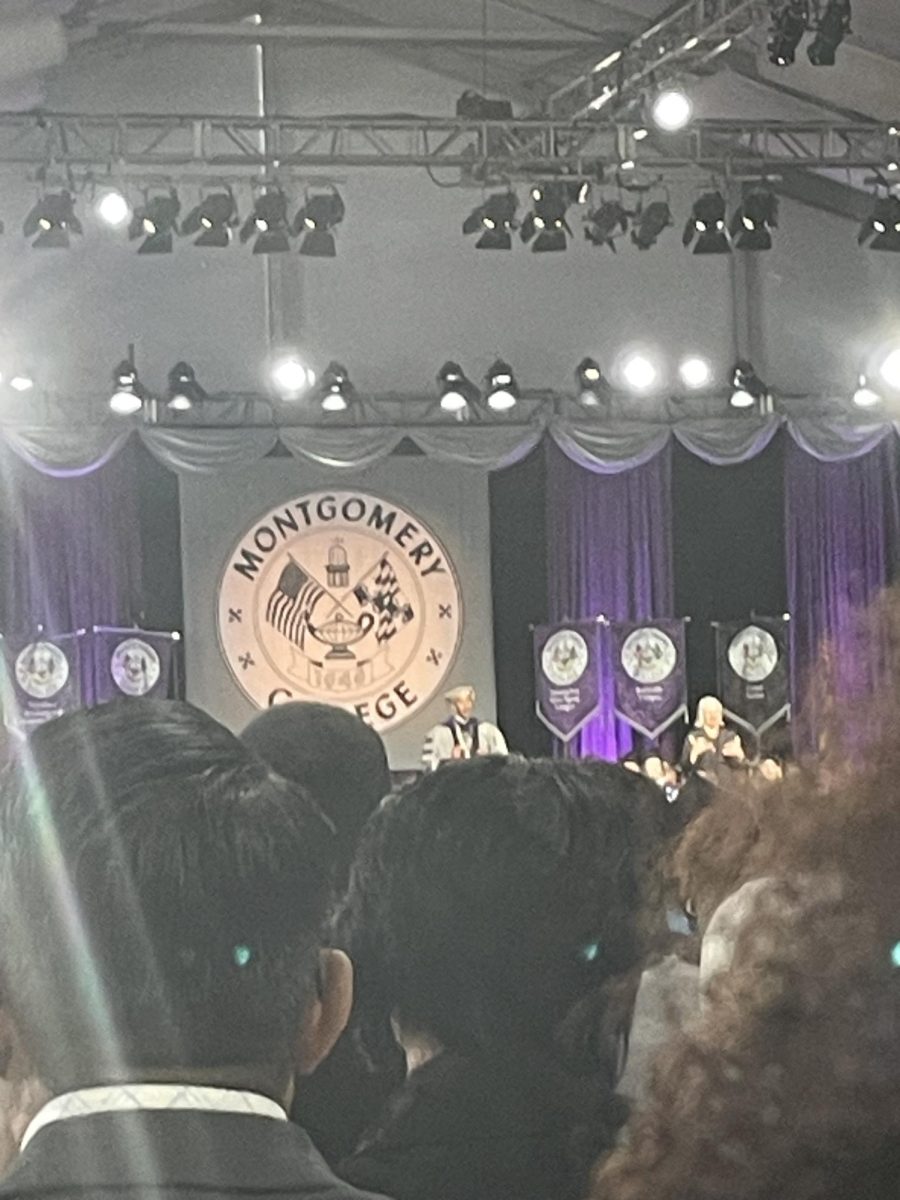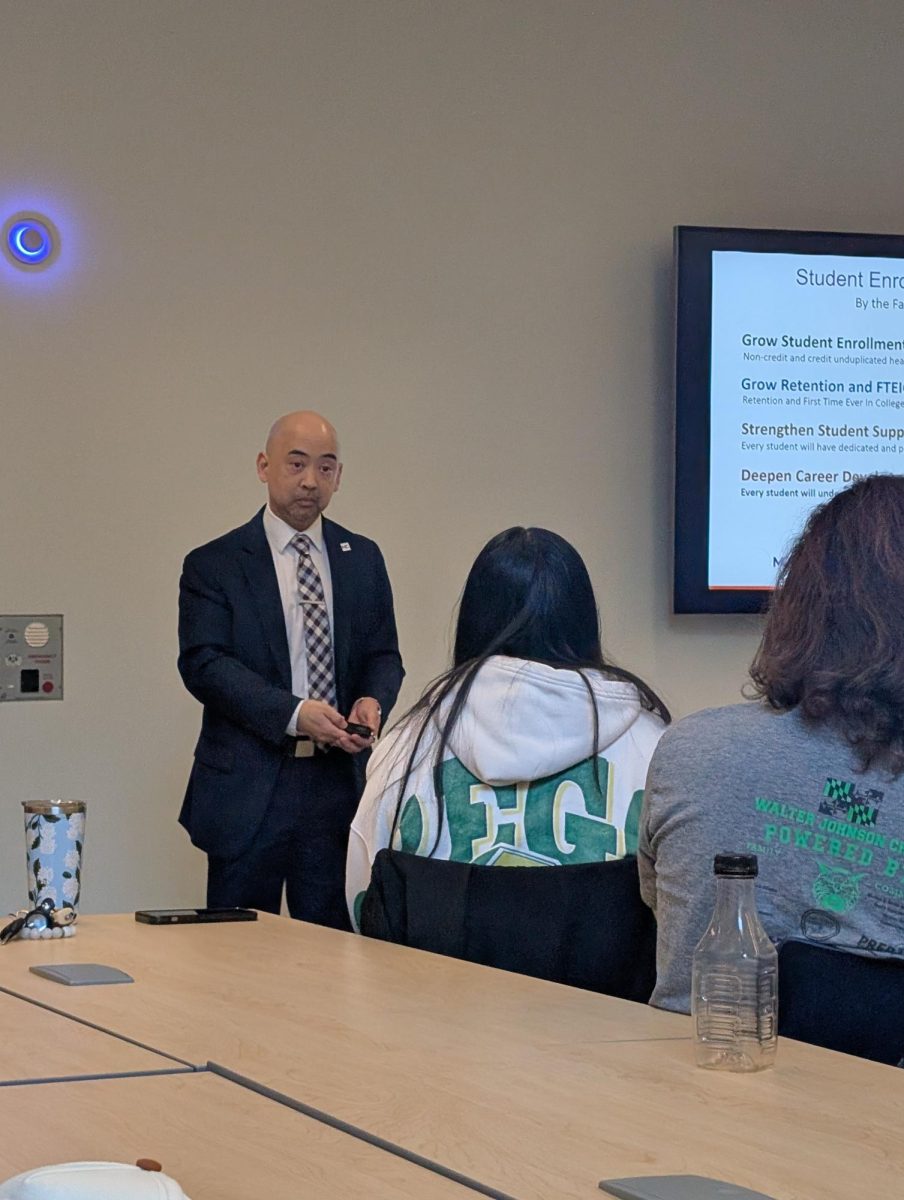In a significant celebration of journalism history, the Voice of America (VOA) headquarters near the National Mall in Washington, D.C., commemorated the 50th anniversary of the Society of Professional Journalists (SPJ) with a special event on February 1, 2024.
This occasion also highlighted the 80th anniversary of VOA’s operations, as mentioned on the plaque unveiled during the event, marking its inception in New York City in 1942. The event recognized VOA’s pivotal role in the field of journalism. Dan Kubiske, a member of the D.C. Pro Chapter and co-chair of the SPJ International Community, played a key role as the unveiler of the plaque, celebrating both the 50th anniversary of the SPJ and the 80-year legacy of VOA.
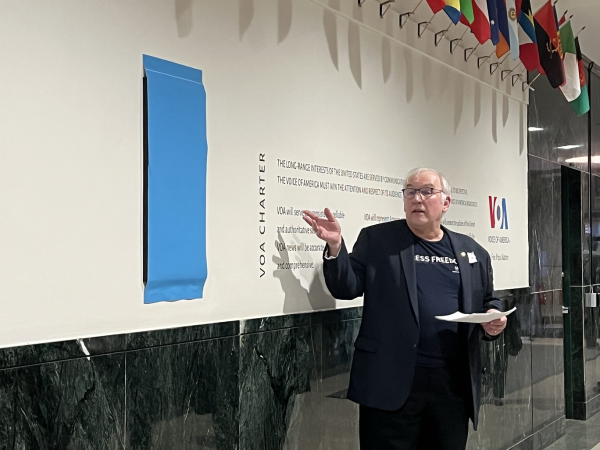
The event started with the unveiling of the bronze plaque commemorating VOA’s longstanding commitment to journalistic excellence. The ceremony was followed by a panel discussion titled “The Legacy and Future of VOA,” which Kubiske played a pivotal role in organizing. The panel featured former directors of VOA, including Sanford J. Ungar (director 1999-2001), David Ensor (director 2011-2015), and Amanda Bennett (director 2016-2020), along with Acting VOA Director John Lippman. The discussion, moderated by past national SPJ President Steve Geimann, delved into VOA’s rich history and prospects.
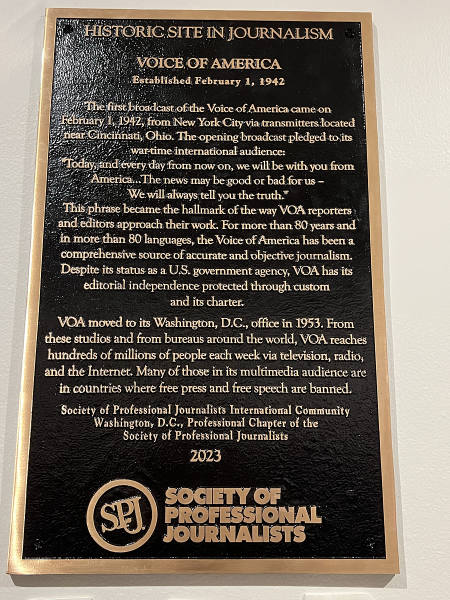
In the panel discussion, David Ensor, who served as VOA director during the Obama Administration, provided insightful commentary on the agency’s trajectory during the Trump era. Despite not serving during this time, his continued interest in VOA as a reporter allowed him to observe the escalation of challenges. “It was a challenging time because of the management and the way U.S. A.G.M. (U.S. Agency for Global Media) communicated with the entities,” Ensor remarked when expressing his views on the performance of the VOA during Michael Pack’s tenure.
He pointed out that the struggles with management and communication with the U.S. A.G.M., already present during his time, intensified, particularly with the leadership changes and political pressures that came with the Trump administration. This situation led to increased challenges in maintaining journalistic independence and editorial integrity at VOA, issues that were at the core of Ensor and Lippman’s discussion.
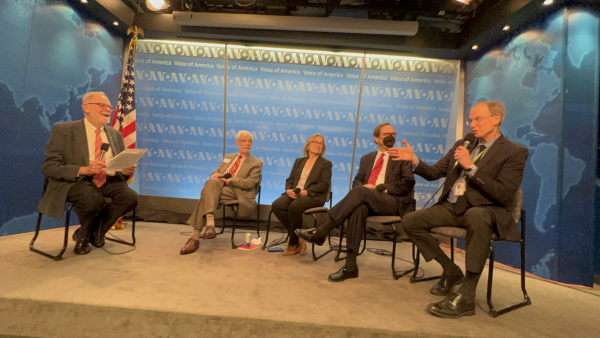
Reflecting on VOA’s resilience in navigating the ever-shifting political landscape, current Acting Director John Lippman, remarked, “VOA is destined to become a sort of Ping-Pong ball, bounced around various other entities as winds change.” However, former director of VOA, and current CEO of the U.S. Agency for Global Media (A.G.M) Amanda Benett, countered, emphasizing the importance of VOA’s role as the “Free Press” for three-quarters of the world’s population. “We are the largest free media broadcaster in the world,” she asserted, underscoring the agency’s global significance.
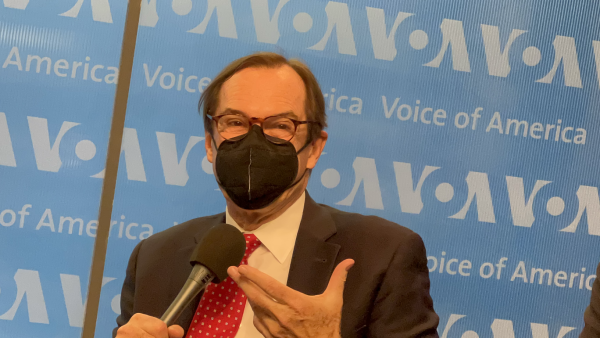
The challenges Voice of America (VOA) faced regarding management and governance, particularly under the U.S. A.G.M., were a significant focus for John Lippman, who shed light on VOA’s intricate leadership and communication difficulties, offering a candid view of the organization’s internal dynamics.
Lippman highlighted that one of the primary challenges was how U.S. A.G.M. managed and communicated with VOA and other entities under its umbrella. “It was a challenging time because of the management of the way U.S. A.G.M. managed,” Lippman stated, pointing out the complexities in leadership during this period. These management challenges significantly impacted the staff at VOA, where approximately 1200 people were engaged in writing stories subjected to rigorous editorial processes.
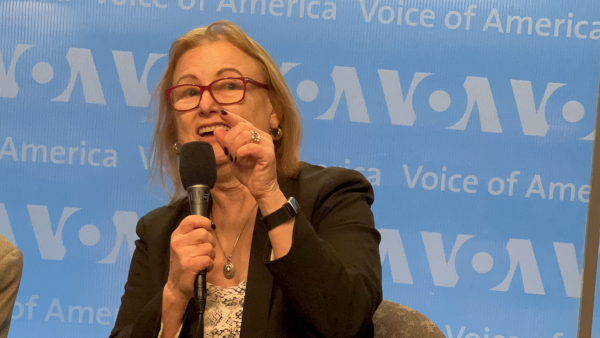
Lippman pointed out the complexities arising from these changes. “With around 1200 staff members producing content and each story undergoing two rounds of editing, the challenges were not trivial. The evolving communication rules and introduction of new structures post-publication only compounded the pressure on our editorial team,” Lippman stated, shedding light on the operational difficulties at VOA during this period. In addition to discussing past challenges, the panelists underscored the critical role of VOA in combating disinformation and misinformation worldwide.
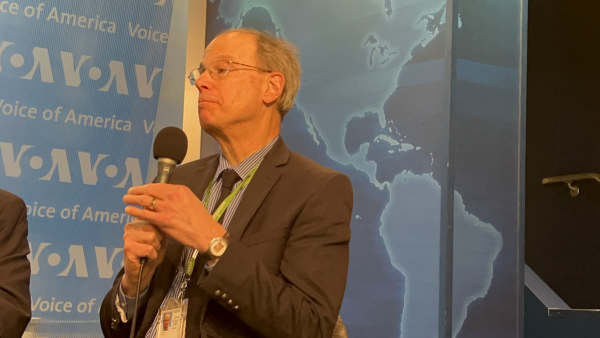
Another panelist and former VOA director, Amanda Bennett, emphasized the agency’s efforts to counter disinformation through various strategies. “There’s no secret sauce to undo disinformation,” Bennett acknowledged, highlighting the complexities of tackling the issue. The panelists outlined VOA’s approach, which includes fact-checking, providing context, and establishing a reliable position as a source of factual, unbiased news. Despite the uphill battle against well-funded adversaries and a growing tide of misinformation, the panelists expressed determination to uphold the values of accurate and responsible journalism.
The event also focused on how VOA managed to navigate the political and operational challenges of that era. Maintaining the independence and integrity of VOA’s reporting, amidst shifting guidelines and management structures, presented significant obstacles for its leadership. These issues went beyond mere policy or strategic concerns; they impacted the core staff of VOA, underscoring the complexities involved in leading a large, international news organization.
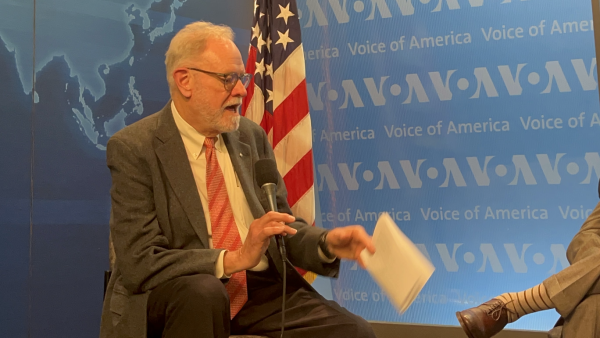
In her comments, former director Amanda Bennett directly addressed these challenges, providing a quote that encapsulates the essence of the issues faced. “The task of preserving our editorial integrity in the face of these administrative and political pressures was daunting. It required not just a steadfast commitment to our principles but also a nimble approach to navigate the changing landscape,” Bennett remarked, highlighting the perseverance and adaptability required during this tumultuous period at VOA.
Maintaining editorial independence amidst political pressures is a complex and ongoing challenge. Lippman discussed the intricate balancing act required to ensure VOA’s content remains accessible from bias and influence. This task becomes increasingly challenging in an era of heightened political polarization and global misinformation campaigns.
Protecting VOA’s editorial integrity in a politically charged environment requires robust systems and protocols. Lippman highlighted the importance of these measures in safeguarding VOA’s content from undue influence, ensuring its reporting remains objective and factual.
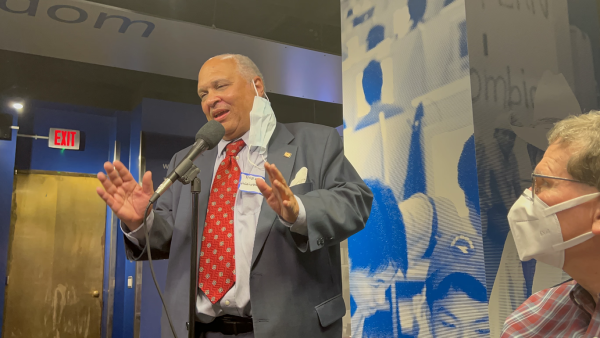
VOA invests in training its journalists in best practices for independent reporting to uphold its commitment to independence. This includes strict adherence to journalistic standards and ethical guidelines. Lippman pointed out that these guidelines are vital in insulating journalists from potential political pressures, ensuring VOA’s content remains unbiased and trustworthy.
Lippman also discussed how VOA’s independence impacts its global perception and effectiveness. VOA’s independent voice offers a credible alternative in regions with prevalent state-controlled media. This independence has helped VOA build trust with its global audience, establishing it as a reliable news source in a world often saturated with biased information.
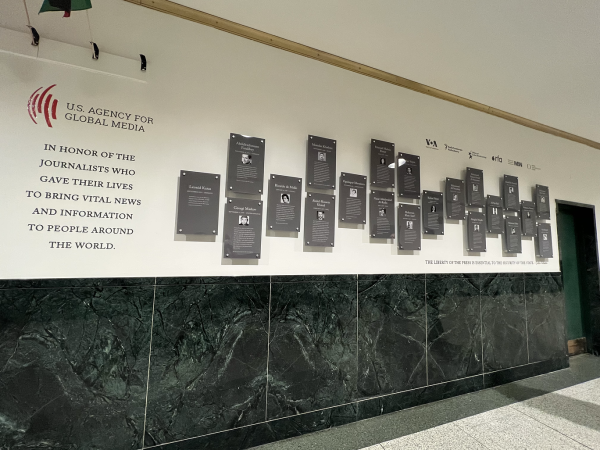
The VOA event offered comprehensive insights into the agency’s enduring mission, the challenges it has faced, and its forward-looking strategies. The panel discussions underscored VOA’s integral role in fostering independent journalism and combating disinformation, while also highlighting its commitment to providing reliable news coverage globally. The agency’s dedication to its foundational principles of accuracy, integrity, and independence was evident throughout the discussions. In the face of obstacles such as funding constraints and the evolving media landscape, VOA’s determination to adapt through innovative methods and strategic partnerships reinforces its ongoing mission to inform, engage, and empower audiences around the world.


